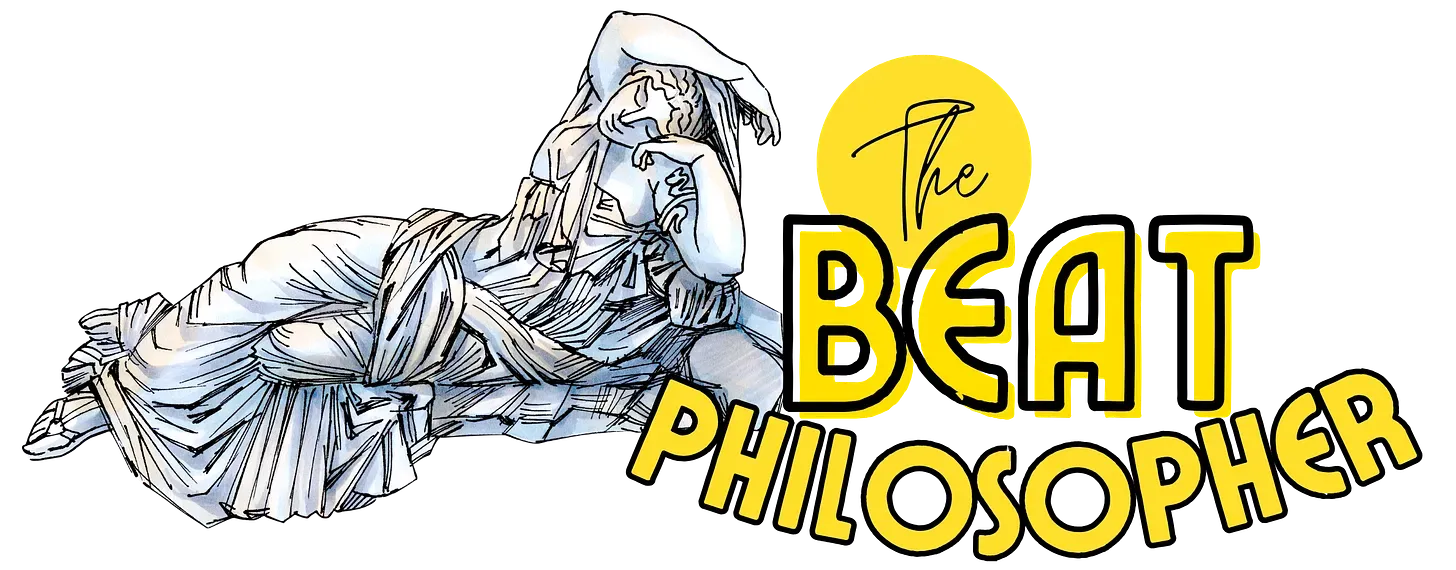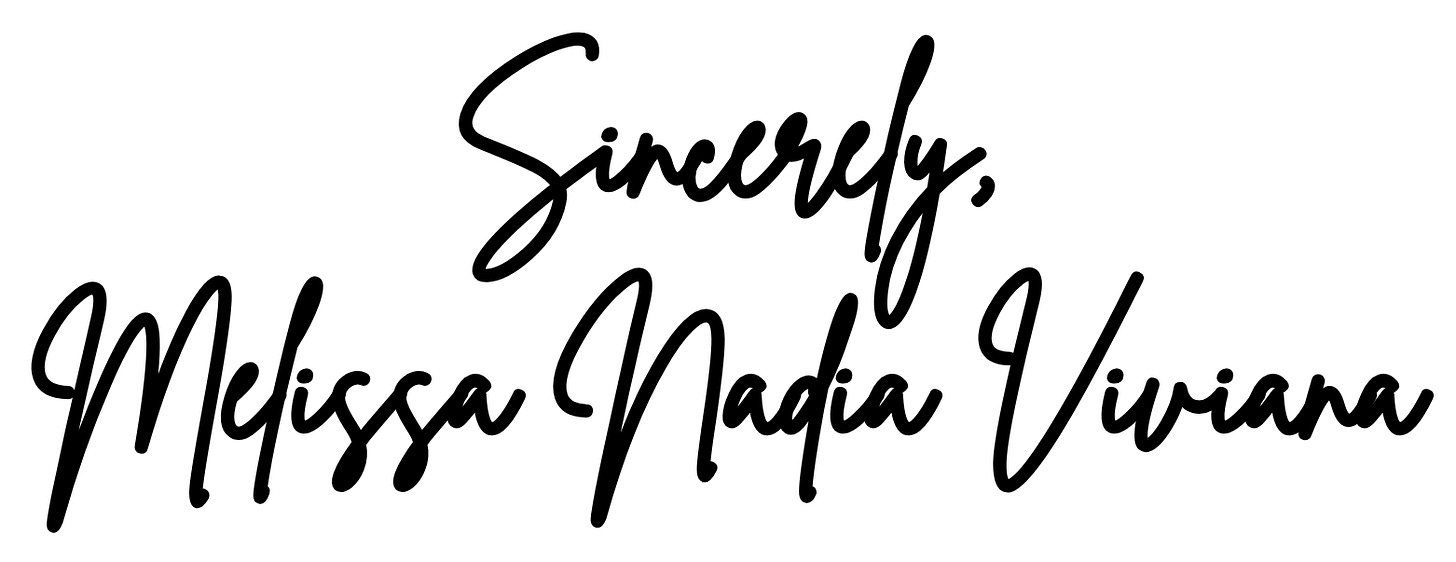Why Can't We Understand The Meaning Behind Language?
Why Do We Use Language To Obscure & Deflect From Meaningful Communication?
The Beat Philosopher is a reader-supported publication by Melissa Nadia Viviana; Author, Activist, Existentialist, & Philosopher.
To receive new essays exploring the current problems of our world through a philosophical lens consider becoming a free or paid member.
Philosophy Discussion Week 6: Language & The Meaning Of Words
I’ve last-minute changed my mind on what the Philosophical topic will be about this week, partially because I’m still sleep deprived from my new puppy, Freyja. (I have a big cup of coffee here with me).
I went to a local used book store this week after everybody on Bluesky guilted the collective that the holidays were when small bookstores make the most money throughout the year.
I went to seek out the tiny one-shelf philosophy section of my local bookstore: The Book Lady (in Savannah, GA).
They had a copy of Henry David Thoreau’s Walden & Civil Disobedience (which I thought was relevant to today). And a copy of Hannah Arendt’s Men In Dark Times. Also relevant.
And a copy of Ludwig Wittgenstein’s Major Works: Tractatus Logico-Philosophicus; The Blue Book; The Brown Book; and On Certainty.
Which almost simultaneously is always relevant and never particularly relevant on a given day.
What is, perhaps, interesting & relevant is that Wittgenstein wrote Tractatus Logico-Philosophicus in a Prisoner of War Camp in Italy in 1918.
Which reminds me that in 1940, Jean-Paul Sartre also spent time in a Prisoner of War Camp when he was captured by German troops. And it was there, that he wrote the draft for Being And Nothingness.
I didn’t think German troops would be so generous as to supply THAT much paper to a prisoner, but I guess they felt sorry for him for his philosophic vice of having the inability to edit anything. (And I’ve been there).
But finding Wittgenstein this week overlaps with a much deeper psychological phenomenon I’ve encountered throughout my time hosting philosophy discussions.
Over the years, I’ve come across a type of personality who focuses on tedious semantics and narrow definitions of words in order to distract from their meaning.
Let me just say that again: a person who focuses on the definitions of words (or the exclusively defined use of a word) in order to avoid looking at its actual meaning.
Meaning is different than definition. Because regardless of which word choice someone uses… their context actually gives that word new meaning.
Jam, for example.
“I want a jam sandwich.”
“My keychain is jammed in the car door.”
“This is my jam” (music)
But we go along with this crazy use of language in multiple contexts because we recognize that words don’t actually have narrow definitions, exclusively. They might have agreed-upon uses of meaning, but they also have a life of their own as they interact in different contexts.
Slang is entirely the practice of taking old words or made-up words and using them over and over in a new context, until people grasp the concept.
And yet, even here in my own philosophy discussions, there are people who participate in rational conversations entirely in bad faith…
(Continue reading on my new website!)
All Rights Reserved © 2025 Elephant Grass Press, LLC









Very interesting read. The bad faith process that you rail against reads very much like politics to me. Controlling the definition of a thing is how you can better manipulate the thing for fun and profit in politics. Which seems to be all in bad faith these days.
The long and winding text of yours … yes, usually I dont follow a ”philosophical text” for so long, but I did and I must say it was both funny and spot on (even if ”spot on” probably is not the proper way of describing the text since it also went in many directions). But anyway, I wish you a productive new year (since saying ”happy” these days seems so out of touch with reality.